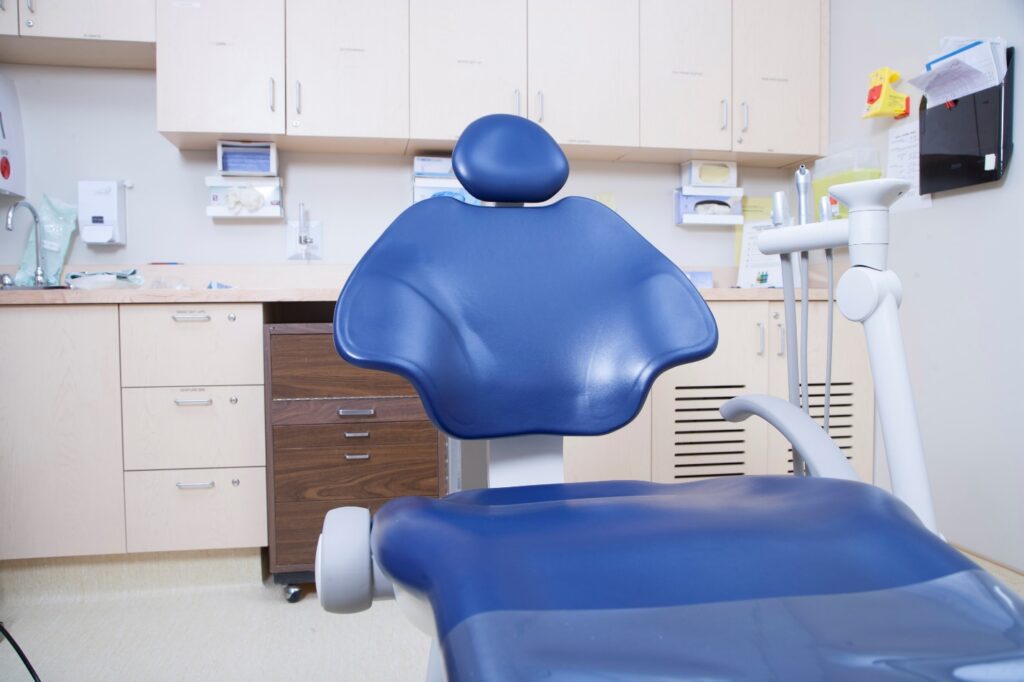Are you a dental practice owner looking to make the most of your hard-earned income? As a Quebec-based accounting firm specializing in serving the needs of dentists, Indice CPA understands the unique financial challenges and opportunities that come with running a dental practice.
With the average annual income for dentists in Canada hovering around $183,341, maximizing tax savings is critical to your bottom line and your ability to invest in the growth and success of your business. In this blog, we’ll explore the top tax-saving strategies for dental practice owners, and show you how partnering with Indice CPA can help you take control of your finances and achieve your business goals.
Understanding Taxation for Dental Practices
To maximize tax savings, Quebec dentists must first understand the various types of taxes they may face, such as income tax, self-employment tax, and state and local taxes. Furthermore, it is critical to be aware of the tax breaks and credits available to dental practices. Contributing the maximum amount to a 401(k) plan, for example, can save a dentist up to $61,000 in taxes per year.
Whether you are a new or established practice owner, this blog will provide you with valuable insights and tips to help you optimize your finances and achieve your business goals.
Deductible Business Expenses for Dental Practices
One of the most effective ways to reduce taxable income is to identify and maximize deductible business expenses. There are several types of expenses that dental practices can deduct from their tax returns. Here are some examples:
- Office Expenses: Dental practices can claim deductions for office supplies, rent, utilities, and other practice-related expenses.
- Equipment and Technology: Deductions for dental equipment and technology, such as chairs, X-ray machines, and computer software, are available to dental practices.
- Employee Salaries and Benefits: Employee salaries, wages, and benefits, such as health insurance and retirement plans, can be deducted by dental practices.
- Continuing Education: Dental practices can deduct continuing education expenses such as registration fees, travel expenses, and materials.
- Marketing and Advertising: Dental practices can deduct marketing and advertising expenses like website development, social media advertising, and business cards.

Tax Credits for Dental Practice Owners
Aside from deducting business expenses, dental practice owners can also take advantage of tax credits to maximize their tax savings. Here are some tax credits that Quebec dental practice owners may be eligible for:
- Tax Credit for Scientific Research and Experimental Development (SR&ED) – Dental practices that conduct research and development may be eligible for this tax credit. This credit encourages Canadian businesses to conduct R&D in Canada and assists them in recovering some of the associated costs.
- The Apprenticeship Job Creation Tax Credit (AJCTC) – is available to dental practices that hire and train apprentices in specific trades. The credit is available for the first two years of an apprentice’s contract and is calculated based on the apprentice’s salary.
- Quebec Small Business Deduction – This deduction is available to dental practices in Quebec that are classified as small businesses. The first $500,000 in active business income earned in the province is eligible for this deduction.
Depreciation for Dental Practice Owners
Depreciation is an important tax-saving strategy for dentists. It enables you to deduct the cost of business assets over the course of their useful life rather than all at once. Depreciable assets such as dental equipment, office furniture, and computer hardware and software can all provide significant tax savings.
To take advantage of depreciation, dental practice owners must understand the Canada Revenue Agency’s rules and regulations. (CRA). The CRA has specific guidelines for determining an asset’s useful life and the appropriate depreciation method to use.
The ability to claim the capital cost allowance (CCA) on depreciable assets is one of the most significant advantages of depreciation. You can deduct a portion of the asset’s value each year until it is fully depreciated. Dental equipment such as dental chairs, x-ray machines, and sterilizers are eligible for capital cost allowance (CCA) under the Canadian Income Tax Act, which allows business owners to claim a portion of the cost as a depreciation expense each year.
Dental practice owners can also benefit from the accelerated capital cost allowance (ACCA) for certain assets, which allows for larger deductions in the asset’s early years of life.

Structuring Dental Practice Ownership for Tax Savings
Another way for dental practice owners to save money on taxes is to structure their practice ownership in a tax-efficient manner. Depending on the circumstances, incorporating the practice or forming a partnership or a limited liability company (LLC) may provide significant tax benefits.
Incorporating the practice may result in tax advantages such as lower tax rates on business income, increased opportunities for tax-deferred retirement savings, and potential tax-free fringe benefits such as health and life insurance. The federal small business tax rate in Canada is 9% in 2020, which can result in significant tax savings for dental practice owners.
Establishing a partnership or LLC allows dental practice owners to share ownership and control of the business with other partners while still reaping tax benefits. These structures also provide flexibility in the allocation of profit and loss, making it easier to distribute income among partners in a tax-efficient manner.
Conclusion
In the end, maximizing tax savings is critical for dental practice owners in Quebec because it can have a significant impact on their bottom line. Tax credits, deductible business expenses, and depreciation are all valuable tools that dental practice owners can use to reduce their tax liability. However, navigating the complex tax landscape without the assistance of a professional accountant can be difficult.
Dental practice owners can ensure they are taking advantage of all available tax deductions and credits while also remaining compliant with Quebec tax laws by partnering with a trusted accounting firm like Indice CPA. Our team of experienced professionals understands the unique requirements of dental practices and can provide you with the guidance you need to optimize your tax strategy.
Don’t miss out on potential tax savings. Book a free consultation with Indice CPA today and discover how we can help you maximize your tax benefits while keeping your practice financially healthy. Take the first step towards financial success by contacting us now.
